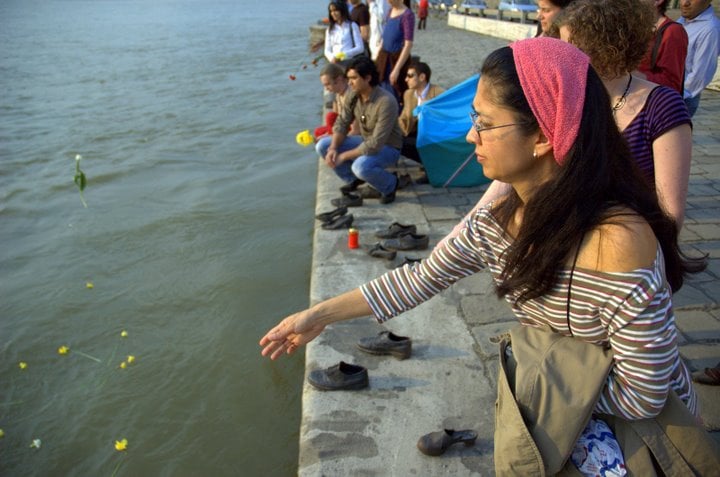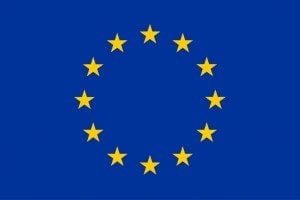
Freedom From Hate: Empowering civil society to counter cyberhate against Roma
Location: Bulgaria, Croatia, Czech Republic, Hungary and Slovakia
Duration: June 2018 – May 2020
Download the full evaluation: Click here
What was the programme about?
This project tested and evaluated effective counter-narrative campaigns targeting online hate speech against Roma communities in Bulgaria, Croatia, Czech Republic, Hungary and Slovakia, and across Europe. The programme worked with target countries’ civil society organizations (CSOs) to develop effective campaigns to challenge online hate speech. From this programme, we wanted to see an increase in positive and accurate narratives about Roma communities online and enhance the understanding of effective ways of dealing with online hate speech.
Why did we deliver this programme?
Roma communities in these countries are subject to the highest levels of discrimination and social and economic exclusion. In the context of the increasing prominence of far-right groups and growing xenophobic discourses, recent years have seen a rising wave of hate speech against Roma. Bulgaria, Croatia, Czech Republic, Hungary and Slovakia have some of the highest percentages of Roma population and have faced extensive online hate speech against Roma. Counter-narrative campaigns therefore are an acute need.
Roma often live in settlements outside the urban centre and are not always visible to the population. Therefore, negative narratives about Roma play a major role in influencing people’s perceptions of the community. Cyberhate plays a significant role not only in limiting the online participation of Roma but also in normalising ‘antigypsyism’ attitudes. Individuals can more easily mask abuse in anonymity and physical distance, and racist movements are exploiting ‘virality’ within social media to promote such content.
We identified a need to therefore develop effective approaches to combating ‘antigypsyism’ and that promoting public participation of Roma in the internet and social media is an essential need. This is essential to ensuring Roma can live their lives free from discrimination and hate.
The public participation of Roma themselves, in particular through social media platforms, is fundamental. Such an approach aims to empower Roma as active citizens by supporting the development of online balanced narratives and critical thinking by internet users.
In addition, this action also addressed specific issues faced by Roma women in the target countries: evidence overwhelmingly demonstrates that Roma women face even higher levels of social and economic exclusion.
What did we do?
- Training partner CSOs on countering hate speech online
- Testing strategies by implementing counter-narrative campaigns
- Evaluating campaigns to identify best practices
- Roundtable discussion with CSOs and IT companies
- ‘Lessons learned’ YouTube videos
- Training of trainers session for CSOs
- Multiplier training for other activists
Who delivered the programme with us?
Minority Rights Group Europe (MRGE), based in Hungary, has a long history of coordinating a range of development, media and Roma-specific programmes. MRGE has extensive experience training activists, developing counter-narratives, producing and disseminating authoritative materials on minority rights issues (including a major global report in 2014 on Freedom from Hate), and conducting advocacy.
Amalipe Center za mezhduetnicheski dialog i tolerantnost (Center for Interethnic Dialogue and Tolerance), based in Bulgaria, is a leading Roma organization working for equal integration of Roma. The organization plays a central role in organizing the Roma civil movement and advocates for Roma integration to government institutions.
Institut ludskych prav (Human Rights Institute), based in Slovakia, works to promote human rights through online and offline campaigns. The organisation has significant experience in tackling online hate speech, including an online campaign on housing issues for marginalised Roma communities.
Romedia Alapitvany, in Hungary, is a regional media organisation run by Roma people. Romedia runs media campaigns to promote awareness and understanding of the Roma community. A recent project involved delivering filmmaking and journalism training for Roma women
Romsko nacionalno vijece (The Roma National Council, RNC), based in Croatia, is an umbrella organization for protecting and promoting Roma minority rights. The RNC promotes the inclusion of Roma while protecting their historical and cultural heritage and promoting their identity.
Fórum pro lidská práva, z. s. (Forum for Human Rights), based in the Czech Republic, focuses on international human rights litigation and advocacy in Central Europe. Its lawyers represent several strategic cases in the Czech Republic aimed at fighting discrimination against Roma.
 This content represents the views of Minority Rights Group only and is its sole responsibility. The European Union does not accept any responsibility for the use that may be made of the information it contains.
This content represents the views of Minority Rights Group only and is its sole responsibility. The European Union does not accept any responsibility for the use that may be made of the information it contains.
 Students from the Roma Access Programme at Hungary Central European University commemorate World Roma Day. Credit: CEU.
Students from the Roma Access Programme at Hungary Central European University commemorate World Roma Day. Credit: CEU.